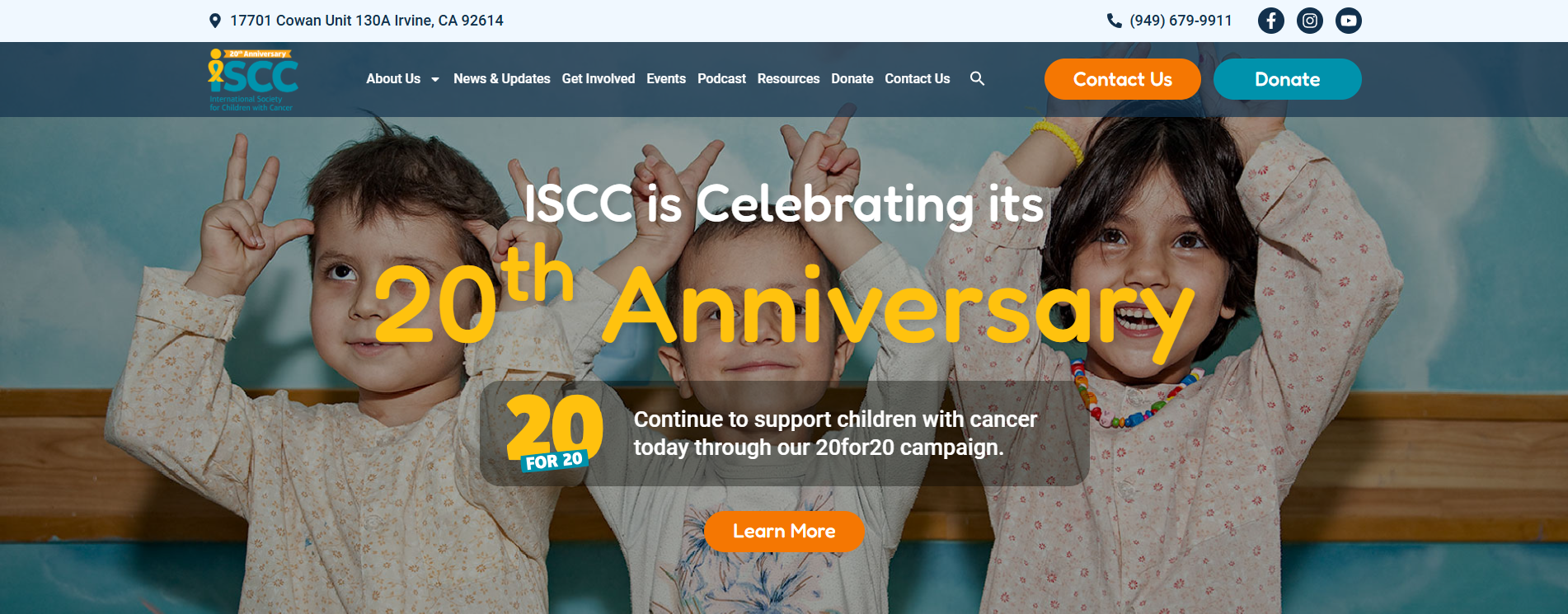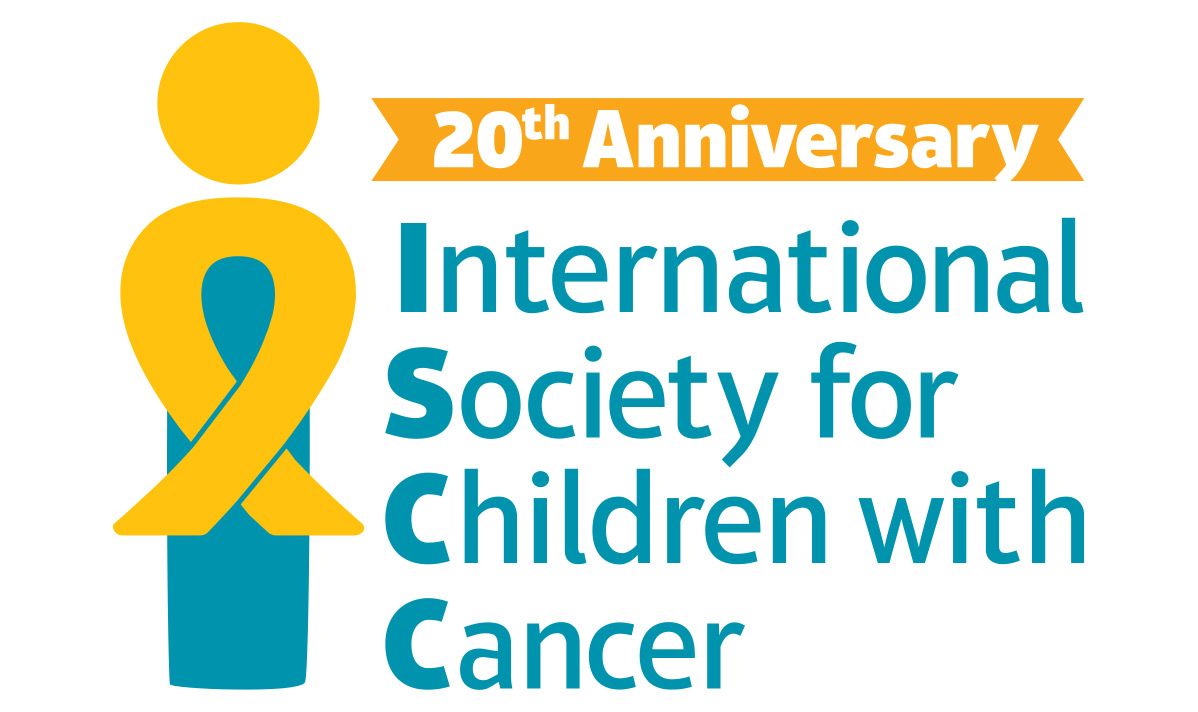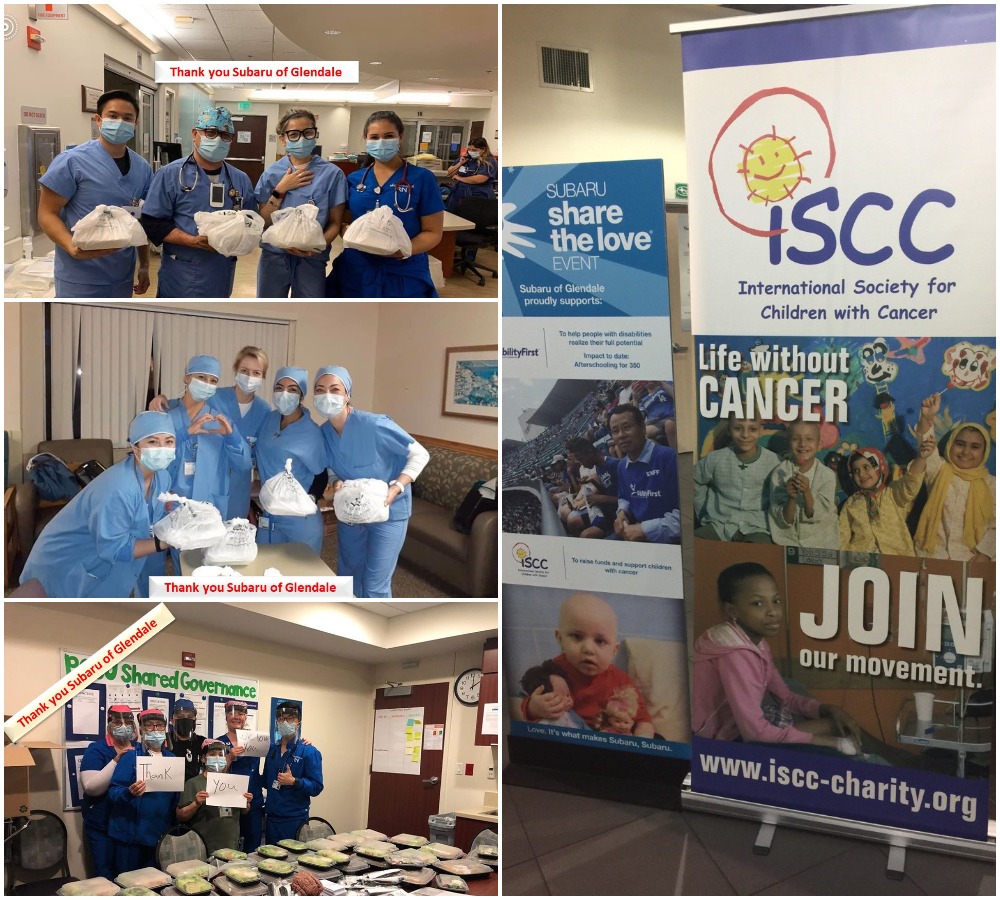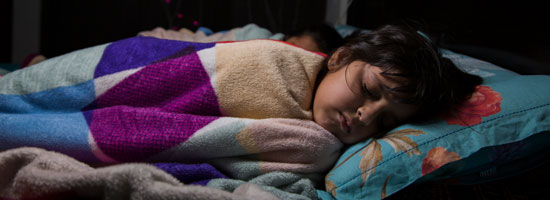In the last 50 years there has been a huge improvement in the rate of survival for children with cancer — the survival rate is currently at 80 percent. While childhood cancer is highly curable, much of the advancements in treatment is restricted to people living in developed countries.
About 80 percent of cases of childhood cancer come out of low- to middle-income countries, where survival ranges between 10 and 30 percent. It is estimated that 100,000 children die each year from cancer with no chance of cure, pain relief or other supportive care.
Misdiagnosis, refusal of treatment, lack of trained doctors, abandonment of therapy, toxic death or lack of resources and affordable drugs all contribute to the poor survival rates of childhood cancer in developing countries.
Professor Tim Eden has spent his career treating children with cancer and is now emeritus Professor of Pediatric & Adolescent Oncology at Manchester University. He says in places like Ghana, where there’s about 1000 new cases of childhood cancer each year, only 200 to 250 cases receive treatment.
World Child Cancer is an organization that helps connect hospitals and medical professionals in developed and developing countries. Currently, the organization is helping the Queen Elizabeth Hospital in Blantyre, Malawi, connect with hospitals in the Netherlands and the UK. Queen Elizabeth Hospital is one of just two hospitals in Malawi that treat childhood cancer. Read more…











